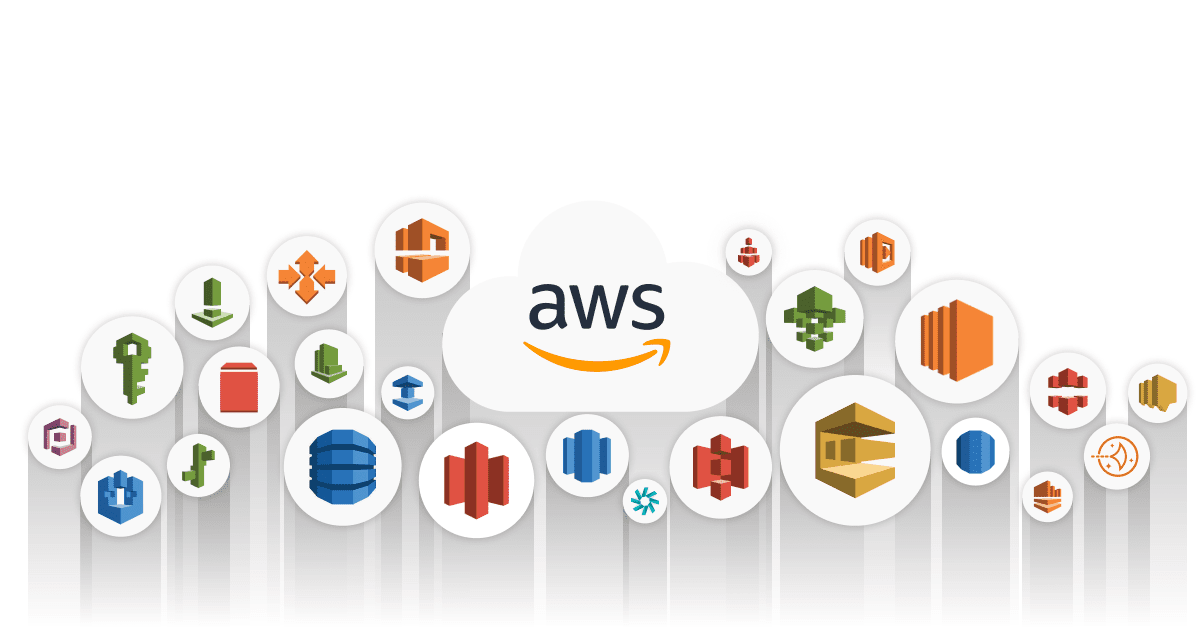Definition OF Cloud ⛈ !!
 RAKESH DUTTA
RAKESH DUTTATable of contents

Description Of Cloud 🌥️!!
The term "cloud" in the context of technology refers to cloud computing or cloud services. Cloud computing involves the delivery of various computing resources, such as servers, storage, databases, networking, software, and applications, over the Internet on a pay-as-you-go basis. Instead of relying on local infrastructure and physical servers, cloud computing enables users to access and utilize these resources remotely through the internet.
The "cloud" represents a network of servers hosted in data centers, which are typically owned and operated by cloud service providers like Amazon Web Services (AWS), Microsoft Azure, or Google Cloud Platform (GCP). These providers offer a range of services and products that can be accessed and utilized by individuals, businesses, and organizations.
Types of Cloud Computing
There are four main types of cloud computing: private clouds, public clouds, hybrid clouds, and multi-clouds. There are also three main types of cloud computing services: Infrastructure-as-a-Service (IaaS), Platforms-as-a-Service (PaaS), and Software-as-a-Service (SaaS).
Cloud services are typically categorized into three main types:
Infrastructure as a Service (IaaS): This category provides virtualized computing infrastructure, such as virtual machines, storage, and networks. Users have control over the operating systems, applications, and configurations, while the provider manages the underlying hardware and infrastructure.
Platform as a Service (PaaS): PaaS offers a higher level of abstraction by providing a platform on which users can develop, run, and manage applications. Users can focus on their application development without having to worry about managing the underlying infrastructure, including servers, storage, and operating systems.
Software as a Service (SaaS): SaaS provides complete applications that are delivered over the Internet. Users can access and use software applications directly through a web browser or a client interface without the need for installation or maintenance. Common examples of SaaS include web-based email services, customer relationship management (CRM) systems, and productivity tools.
Why Cloud
Cloud computing offers many benefits that make it the preferred choice for many individuals and businesses. Here are some of the key reasons why the cloud is being widely adopted.
Scalability: Cloud services provide the ability to easily scale resources up or down based on demand. Whether you need more storage, computing power, or bandwidth, cloud providers can quickly allocate resources to match your requirements. This scalability allows businesses to adapt to changing needs and avoid overprovisioning or underutilization of resources.
Cost-effectiveness: Cloud computing operates on a pay-as-you-go model, which means you only pay for the resources you consume. This eliminates the need for upfront infrastructure investments and allows businesses to reduce their capital expenditure. Additionally, cloud services often offer cost savings through economies of scale, as providers can distribute infrastructure costs across multiple clients.
Flexibility and accessibility: Cloud services enable users to access their data, applications, and services from anywhere with an internet connection. This flexibility allows for remote work, collaboration among distributed teams, and easy access to resources for individuals on the go. Furthermore, cloud platforms often support a wide range of devices and operating systems, making them highly accessible.
Reliability and availability: Cloud providers typically offer robust infrastructure with redundant systems and data backup mechanisms. This ensures high availability and minimizes the risk of data loss or service interruptions. Cloud providers often have geographically distributed data centres, reducing the impact of localized outages or disasters.
Security: Cloud providers invest heavily in security measures to protect their infrastructure and customer data. They employ advanced encryption techniques, regular security audits, and monitoring systems to ensure data confidentiality, integrity, and availability. While security is a shared responsibility between the provider and the user, cloud services often offer strong security features and compliance certifications.
Collaboration and scalability: Cloud platforms offer a range of collaboration tools and services, allowing teams to work together efficiently. Users can share and collaborate on documents, conduct real-time communication, and work on the same project simultaneously. Cloud services also enable businesses to rapidly scale their operations, deploy new applications, and innovate without the need for extensive infrastructure setup.
These advantages make cloud computing an attractive option for individuals and businesses looking for cost-effective, scalable, flexible, and secure solutions to meet their computing needs.
Introduction to AWS
Amazon Web Service is aws.amazon.com, a subsidiary of amazon.com, has invested billions of dollars in IT resources distributed across the globe. These resources are shared among all the AWS account holders across the globe. These accounts themselves are entirely isolated from each other. AWS provides on-demand IT resources to its account holders on a pay-as-you-go pricing model with no upfront cost. Amazon Web services offer flexibility because you can only pay for services you use or you need. Enterprises use AWS to reduce capital expenditure of building their own private IT infrastructure (which can be expensive depending upon the enterprise’s size and nature).
ADVANTAGES OF AWS CLOUD :
These advantages make cloud computing an attractive option for individuals and businesses looking for cost-effective, scalable, flexible, and secure solutions to meet their computing needs.
The breadth of Services: AWS offers an extensive portfolio of cloud services, covering computing power, storage, databases, networking, analytics, machine learning, the Internet of Things (IoT), security, and more. With over 200 services available, AWS provides the flexibility to choose the right tools and resources to meet specific business needs.
Global Infrastructure: AWS has a global network of data centres spread across multiple regions worldwide. This extensive infrastructure allows businesses to deploy their applications and services closer to their end users, reducing latency and improving performance. It also provides built-in redundancy and high availability, ensuring business continuity.
Scalability and Elasticity: AWS enables users to scale their resources up or down based on demand. Services like Amazon EC2 (Elastic Compute Cloud) allow for easy provisioning and management of virtual servers, while services like Amazon S3 (Simple Storage Service) provide scalable storage capacity. This scalability and elasticity feature enables businesses to handle sudden spikes in traffic or accommodate growth without disruption.
Flexibility and Customizability: AWS provides a wide range of configuration options and customization capabilities, allowing users to tailor their infrastructure and services to their specific requirements. Whether it's selecting the operating system, configuring network settings, or choosing the storage type, AWS offers granular control to optimize performance and cost efficiency.
Security and Compliance: AWS places a strong emphasis on security and compliance. It provides a comprehensive set of security tools and services to help protect data and applications. AWS adheres to various industry security standards and compliance certifications, making it suitable for businesses operating in regulated environments. It also offers robust identity and access management features for secure user authentication and authorization.
Integration and Ecosystem: AWS has a vast ecosystem of partners and third-party integrations, enabling businesses to leverage additional services and solutions seamlessly. Whether it's integrating with popular software tools, leveraging managed databases, or utilizing AI/ML services, AWS offers a rich ecosystem to enhance and extend capabilities.
Cost-effectiveness: AWS provides a pay-as-you-go pricing model, allowing users to pay only for the resources they consume. This eliminates the need for upfront investments and enables businesses to optimize costs by scaling resources as needed. Additionally, AWS offers various pricing models, cost management tools, and reserved instances to help optimize costs further.
These factors contribute to AWS's popularity and make it a preferred choice for businesses of all sizes, from startups to enterprises, seeking a reliable, scalable, and feature-rich cloud computing platform.
Various types of cloud
AWS had the largest market share of cloud infrastructure services at 33% in Q1 2022.
- Microsoft Azure had a market share of 22% in Q1 2022, with Google at 10% and all other companies at 35%.
AWS( Amazon Web Services )
Azure Microsoft
GCP( Google Cloud Platform Service )
IBM, Oracle, Digital Ocean, Adobe, DropBox, Alibaba, Rackspace etc.
Subscribe to my newsletter
Read articles from RAKESH DUTTA directly inside your inbox. Subscribe to the newsletter, and don't miss out.
Written by
